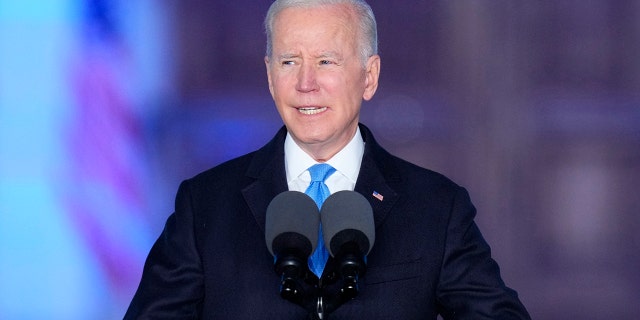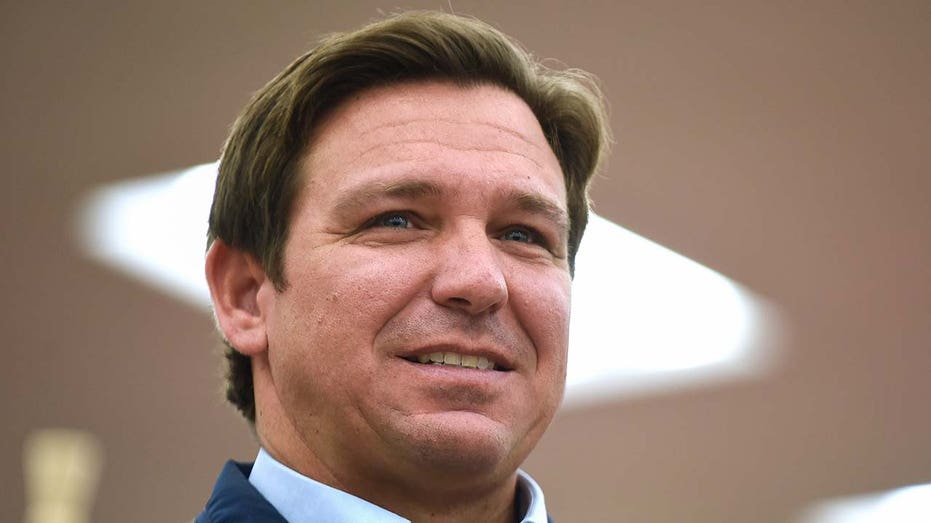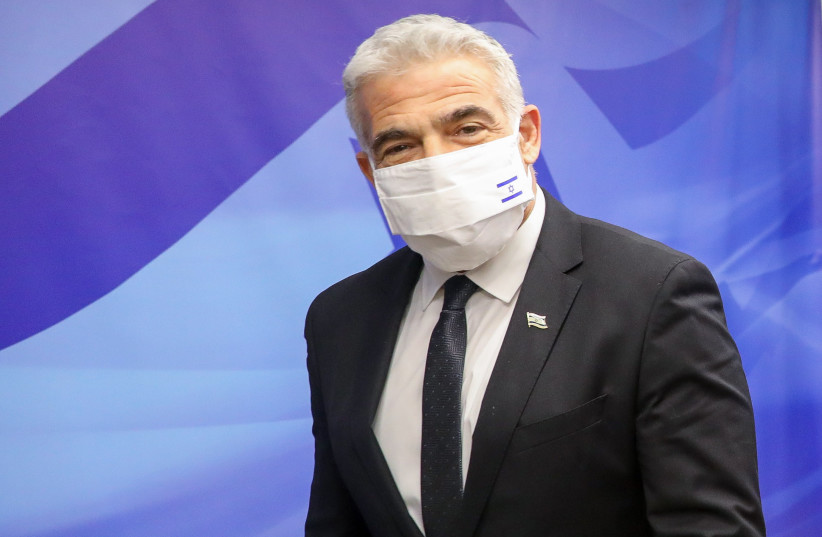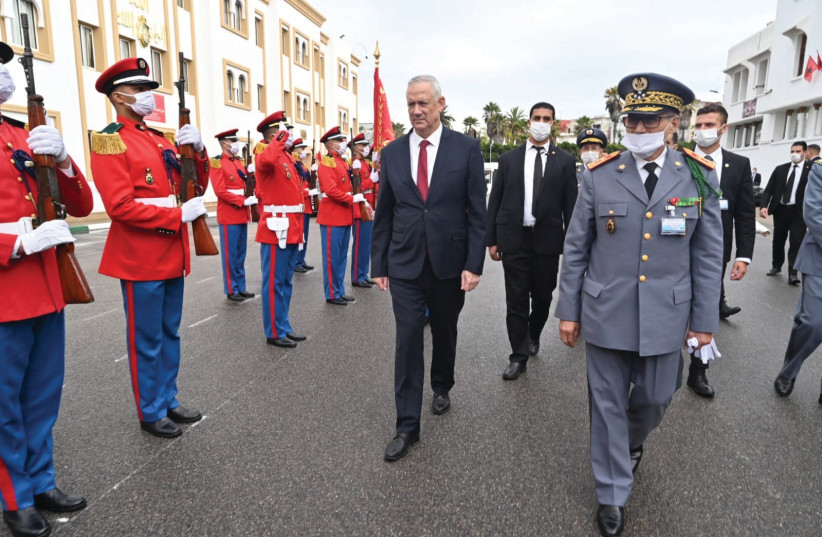by Majid Rafizadeh
The worst parts of the new deal are, of course, that it will enable the Iranian regime, repeatedly listed by the US as a state sponsor of terrorism, to have full nuclear weapons capability, an unlimited number of nuclear warheads, and the intercontinental ballistic missile systems with which to deliver them.
"By every indication, the Biden Administration appears to have given away the store.... What is more, the deal appears likely to deepen Iran's financial and security relationship with Moscow and Beijing, including through arms sales." — Statement from 49 US Republican Senators, March 14, 2022.
With the increased flow of funds to the ruling mullahs, do expect an increase across Iran in human rights violations and domestic crackdowns on those who oppose the regime's policies, as hardliners tend to be the ones gaining more power as a result of any lifting of sanctions. Iran's hardliners already control three branches of the government: the executive, the legislative, and the judiciary.
Regionally speaking, a nuclear deal will undoubtedly escalate Iran's interference in the domestic affairs of other countries, despite what the advocates of the nuclear deal argue -- just as when then US President Barack Obama predicted that with a nuclear deal, "attitudes will change." They did. For the worse.
Sanctions relief, as a consequence of a nuclear accord, will most likely finance Iran's Islamic Revolutionary Guard Corps (IRGC) and the Quds Force (the IRGC branch for extraterritorial operations) and buttress Iran's terrorist proxies, including Lebanon's Hezbollah, Yemen's Houthis, Iraq's Shiite militias, and Hamas and Palestinian Islamic Jihad.
The worst parts of the new deal are, of course, that it will enable the Iranian regime, repeatedly listed by the US as a state sponsor of terrorism, to have full nuclear weapons capability, an unlimited number of nuclear warheads, and the intercontinental ballistic missile systems with which to deliver them. In addition, as a separate deal, the US will reportedly release the IRGC from the US List of Foreign Terrorist Organizations, "in return for a public commitment from Iran to de-escalation in the region" and a promise "not to attack Americans."
Iran's leaders, for a start, never honored their earlier "commitment," so why would anyone think they would honor this one? In a burst of honesty, though -- and a pretty explicit tip-off -- they stated that they "didn't agree to the U.S. demand and suggested giving the U.S. a private side letter instead."
Then there is that revealingly narcissistic condition, "not to attack Americans"? Oh, then attacking Saudis, Emiratis, Israelis, Europeans, South Americans and everyone else is just fine? Thanks, Biden.
Worse, the Iranians were complicit with al-Qaeda in attacking the US on 9/11/2001. So we are rewarding them?
To top it off, the US State Department just confirmed that Russia and its war-criminal President Vladimir Putin could keep Iran's "excess uranium." (Excess of what?) Seriously? So Putin can use Iran's uranium to threaten bombing his next "Ukraine"?
One can only assume that just as the region has become relatively more peaceful and stable, the Biden administration would like to destabilize it. After surrendering to the Taliban in Afghanistan and failing to deter Putin from invading Ukraine, has the Biden administration not created enough destabilization? Why would a US president want a legacy of three major destabilizations unless someone was interested in bringing down the West?
The US proposals -- negotiated for the Americans by Russia of all unimpeachable, trustworthy, above-board advocates -- have been described as: "This Isn't Obama's Iran Deal. It's Much, Much Worse." That sounds about right.
 The Biden administration continues to disregard major concerns regarding the Iran nuclear deal, and has reportedly "refused to commit to submit a new Iran deal to the Senate for ratification as a treaty, as per its constitutional obligation." The US proposals -- negotiated with Iran for the Americans by Russia of all countries -- have been described as: "This Isn't Obama's Iran Deal. It's Much, Much Worse." That sounds about right. (Photo by Chip Somodevilla/Getty Images) |
The Biden administration continues to disregard major concerns regarding the Iran nuclear deal, and has reportedly "refused to commit to submit a new Iran deal to the Senate for ratification as a treaty, as per its constitutional obligation."
Forty-nine Republican Senators recently told the Biden Administration that they will not back the administration's nuclear deal with Iran. The Senators stated:
"By every indication, the Biden Administration appears to have given away the store. The administration appears to have agreed to lift sanctions that were not even placed on Iran for its nuclear activities in the first place, but instead because of its ongoing support for terrorism and its gross abuses of human rights. The nuclear limitations in this new deal appear to be significantly less restrictive than the 2015 nuclear deal, which was itself too weak, and will sharply undermine U.S. leverage to secure an actually 'longer and stronger' deal. What is more, the deal appears likely to deepen Iran's financial and security relationship with Moscow and Beijing, including through arms sales."
A Biden nuclear deal with the Iranian regime will have major benefits for the ruling mullahs. It will enrich the Iranian regime with billions of dollars in revenues as it lifts sanctions on Tehran's energy, banking and shipping sectors; reintegrate the Islamic Republic into the global financial system, enhance Tehran's legitimacy in the world, increase Iran's exports of oil, and ratchet up foreign investments in Iran -- particularly in the energy industry.
Do not expect the extra revenues to trickle down to the ordinary people of Iran or raise their standard of living. As Ashkan, a construction worker and father of three who lives in the capital Tehran with his family, told me, "people had a lot of hope in 2015 when the nuclear deal was reached," under the so-called moderate administration of then President Hassan Rouhani.
"The officials made us believe that the nuclear deal will be good for the people as well. But after the nuclear deal, inflation kept going up, wages stayed the same, the value of the currency kept going down, price of goods continued to go up, unemployment remained high, and people were still financially struggling during the period of the nuclear deal until the US government of Trump left the deal."
With the increased flow of funds to the ruling mullahs, do expect an increase across Iran in human rights violations and domestic crackdowns on those who oppose the regime's policies, as hardliners tend to be the ones gaining more power as a result of any lifting of sanctions. Iran's hardliners already control three branches of the government: the executive, the legislative, and the judiciary.
The Iranian regime will most likely first utilize the extra revenue by increasing its military budget. This scenario is what occurred in 2015 after the Obama's nuclear deal was struck. Iran immediately raised its military budget by $1.5 billion from $15.6 billion to $17.1 billion. On April 10, 2015, The Iranian Students News Agency (ISNA) quoted Mohammad Reza Pour Ebrahimi, a member of the parliament's Economic Affairs Committee, stating:
"In addition to the approved figures, $1.5 billion has been allocated to prop up defense of the country and this amount has been approved by this committee."
Regionally speaking, a nuclear deal will undoubtedly escalate Iran's interference in the domestic affairs of other countries, despite what the advocates of the nuclear deal argue -- just as when then US President Barack Obama predicted that with a nuclear deal, "attitudes will change." They did. For the worse.
For the first time, Lebanon's Hezbollah became emboldened and admitted receiving financial and military assistance from Iran. In addition, Iran's military adventurism in Iraq rapidly escalated. Iran became more forceful in supporting and assisting the Syrian regime of Bashar Assad militarily and economically.
Sanctions relief, as a consequence of a nuclear accord, will most likely finance Iran's Islamic Revolutionary Guard Corps (IRGC) and the Quds Force (the IRGC branch for extraterritorial operations) and buttress Iran's terrorist proxies, including Lebanon's Hezbollah, Yemen's Houthis, Iraq's Shiite militias, and Hamas and Palestinian Islamic Jihad.
The worst parts of the new deal are, of course, that it will enable the Iranian regime, repeatedly listed by the US as a state sponsor of terrorism, to have full nuclear weapons capability, an unlimited number of nuclear warheads, and the intercontinental ballistic missile systems with which to deliver them. In addition, as a separate deal, the US will reportedly release the IRGC from the US List of Foreign Terrorist Organizations, "in return for a public commitment from Iran to de-escalation in the region" and a promise "not to attack Americans."
"Administration officials who have briefed the media say the IRGC would only be delisted if it promises not to attack Americans and commits to curtailing its destabilizing activities outside Iran. If it doesn't keep its word, it can be redesignated an FTO. This might have been reassuring but for the fact that Biden is currently ignoring requests, from members of Congress as well as from U.S. allies, to put the Houthis back on the list."
Iran's leaders, for a start, never honored their earlier "commitment," so why would anyone think they would honor this one? In a burst of honesty, though -- and a pretty explicit tip-off -- they stated that they "didn't agree to the U.S. demand and suggested giving the U.S. a private side letter instead."
Then there is that revealingly narcissistic condition, "not to attack Americans"? Oh, then attacking Saudis, Emiratis, Israelis, Europeans, South Americans and everyone else is just fine? Thanks, Biden.
Worse, the Iranians were complicit with al-Qaeda in attacking the US on 9/11/2001. So we are rewarding them?
To top it off, the US State Department just confirmed that Russia and its war-criminal President Vladimir Putin could keep Iran's "excess uranium." (Excess of what?) Seriously? So Putin can use Iran's uranium to threaten bombing his next "Ukraine"?
One can only assume that just as the region has become relatively more peaceful and stable, the Biden administration would like to destabilize it. After surrendering to the Taliban in Afghanistan and failing to deter Putin from invading Ukraine, has the Biden administration not created enough destabilization? Why would a US president want a legacy of three major destabilizations unless someone was interested in bringing down the West?
The US proposals -- negotiated with Iran for the Americans by Russia of all unimpeachable, trustworthy, above-board advocates -- have been described as: "This Isn't Obama's Iran Deal. It's Much, Much Worse." That sounds about right.
- Follow Majid Rafizadeh on Twitter
Dr. Majid Rafizadeh is a business strategist and advisor, Harvard-educated scholar, political scientist, board member of Harvard International Review, and president of the International American Council on the Middle East. He has authored several books on Islam and US foreign policy. He can be reached at Dr.Rafizadeh@Post.Harvard.Edu
Source: https://www.gatestoneinstitute.org/18358/iran-deal-biden-obama












